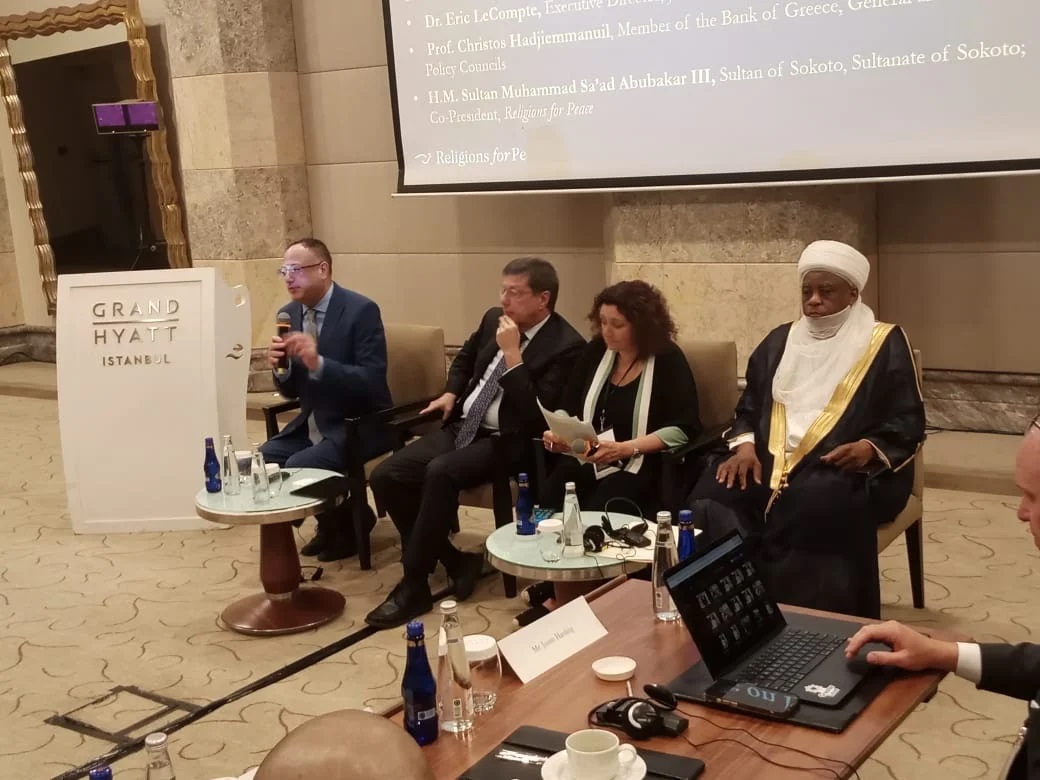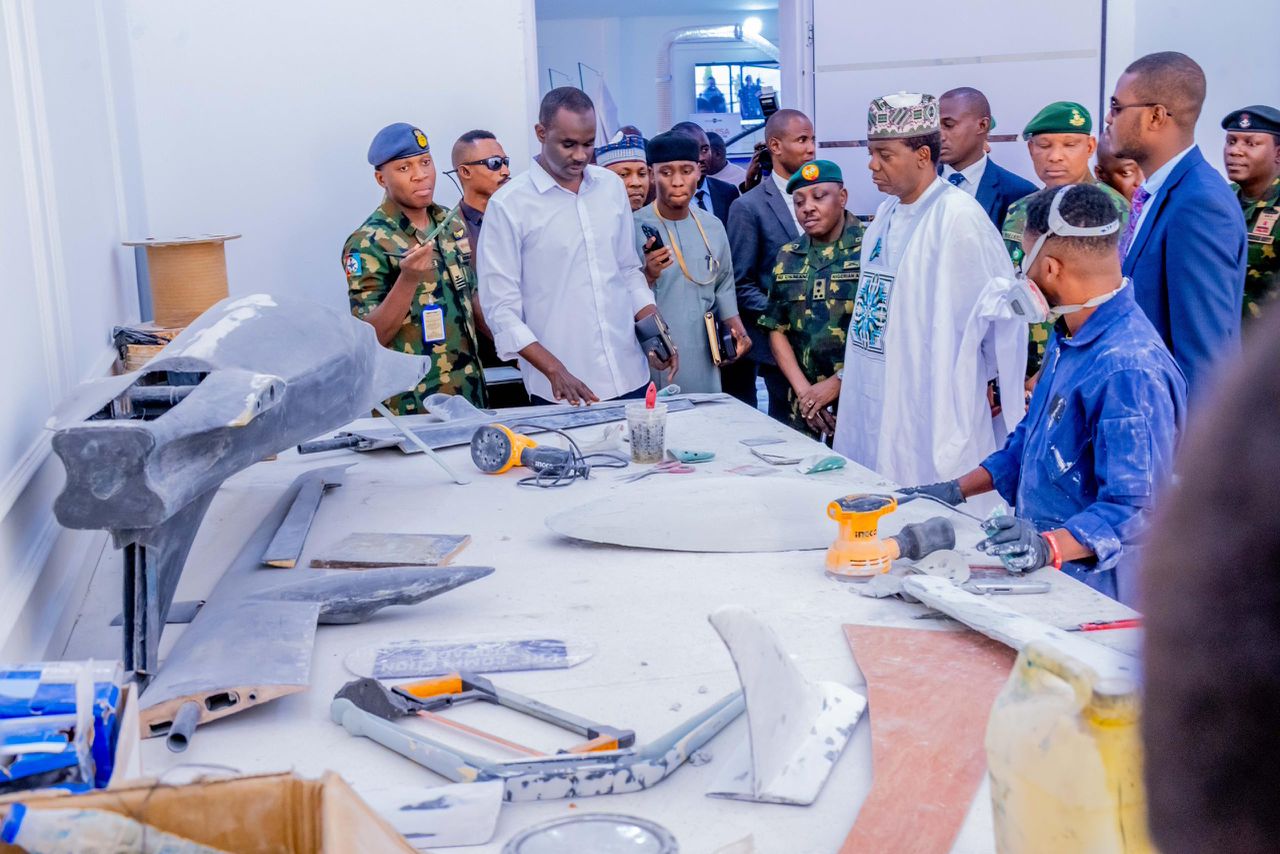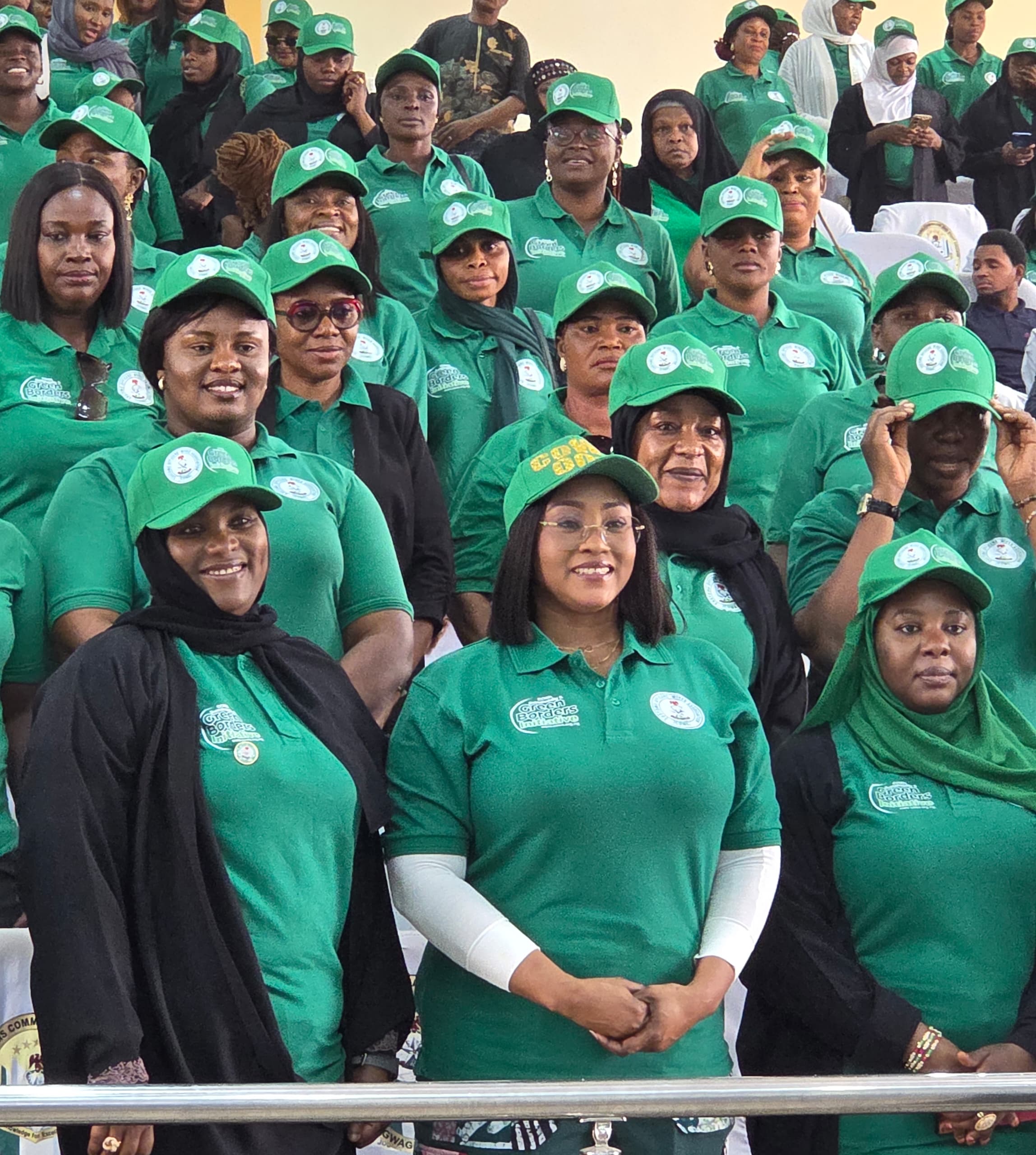The Sultan of Sokoto, Alhaji Saad Abubakar III, has called for an immediate cessation of hostilities in Gaza and the cancellation of debts owed by low-income countries across the globe.
The Sultan made the appeal on Tuesday in Istanbul, Turkey, during a one-day meeting of the World Peace Council (WPC), according to a statement by Dr. Danladi Bako, Kogunan Sokoto.
Citing figures from the World Health Organization (WHO), Abubakar said the ongoing Gaza conflict had led to the starvation of numerous women and children, with casualties rising daily.
He also decried the crippling impact of debt burdens on developing nations, noting that debt cancellation would address global wealth imbalances, end exploitative economic policies, and reduce poverty through equitable redistribution of wealth.
Abubakar, who serves as Co-President of the Religion for Peace section of the WPC, stressed the need for global solidarity and decisive action by world leaders.
The World Peace Council is an international, anti-imperialist, democratic, and non-aligned movement that promotes peace, disarmament, and global security. It collaborates with various national and international organizations to advocate for social justice, environmental protection, and national sovereignty.
Held every five years, the WPC meeting was last convened in Lindau, Germany, and this year’s session in Istanbul hosted participants from about 60 countries. The Council brings together representatives from major world religions including Islam, Christianity (Catholic and Anglican), Judaism, Hinduism, Baháʼí Faith, and the Orthodox Coptic Church.
In his address, Patriarch Bartholomew I of Constantinople called for a “global alliance of conscience”, urging a return to shared values across faiths to foster peace and social harmony.
The conference featured two key sessions:
One on the debt burden affecting low-income societies, and
Another on faith, dignity, and artificial intelligence, exploring the impact of AI on cultures and religious practices.
Participants included religious leaders, scholars, technocrats, gender advocates, and royal dignitaries, all contributing to wide-ranging discussions.
A nine-point resolution was unanimously adopted at the end of the meeting. The resolution called on world leaders to immediately halt the humanitarian crisis and genocide in Gaza.
The next General Assembly of the World Peace Council is scheduled to take place in Abu Dhabi in 2030.





